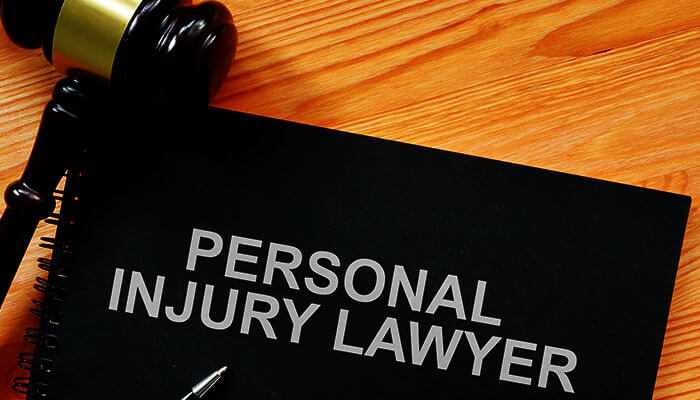Key Takeaways
1. Selecting a trustworthy personal injury lawyer requires due diligence and consideration of several critical factors.
2. Understanding a lawyer’s experience, reputation, and approach to client communication is essential.
3. Evaluating a lawyer’s resources, payment structures, and willingness to go to trial can significantly impact a case’s outcome.
Table of Contents:
-
- Understanding Your Needs
- Experience and Expertise
- Reputation and Client Reviews
- Communication and Comfort Level
- Assessment of Resources
- Payment Structure and Fees
- Willingness to Go to Trial
- Case Assessment and Management
- Matching Values
- Making the Decision
1. Understanding Your Needs
Finding the right personal injury lawyer begins with clearly understanding your needs. This encompasses knowledge of your case’s specifics, the complexity of the legal challenges you might face, and what you expect from legal representation. You want a lawyer who aligns with your goals, whether obtaining a quick settlement or fighting vigorously for your rights in court. When selecting an attorney, your case preferences and particulars should be at the forefront.
2. Experience and Expertise
When looking for a personal injury lawyer, it’s essential to consider their experience, track record, and specialization in handling cases similar to yours. Your lawyer’s expertise and experience are crucial to the outcome of your claim. Look for an attorney with experience handling cases comparable to yours who focuses on personal injury law. This experience not only means they are familiar with the legal processes but also often have valuable insights into dealing with insurance companies and navigating the courtroom nuances that can make or break a case.
3. Reputation and Client Reviews
Reputation is a critical factor in selecting a trustworthy lawyer. A lawyer’s standing in the legal community, and feedback from past clients can provide vital insights into their effectiveness and reliability. Client testimonials, online reviews, and peer acknowledgments are great resources for gauging a lawyer’s reputation. Claims of successful outcomes and satisfied customers can be a testament to a lawyer’s capabilities and standards of practice.
4. Communication and Comfort Level
Assertive communication is the cornerstone of an effective attorney-client relationship. Your lawyer should be accessible and willing to answer your questions and keep you informed. More is needed for a lawyer to be qualified; you should also feel comfortable with them on a personal level. A lawyer who listens to your concerns and communicates is invaluable.
5. Assessment of Resources
Successful personal injury cases often require extensive resources. This includes access to expert witnesses, investigators, and state-of-the-art technology for case preparation. When selecting your lawyer, please inquire about the resources they have at their disposal and how they plan to utilize them for your case. A well-resourced lawyer is prepared to build a strong case backed by solid evidence and expert testimony.
6. Payment Structure and Fees
It is essential to comprehend how a lawyer bills for their services. If the client prevails in a personal injury case, the attorney will be paid. Ensure you’re clear on the percentage of the recovery they’ll claim and aware of any potential additional costs or expenses. An explicit agreement should be in place that sets out the payment structure to avoid any surprises down the line.
7. Willingness to Go to Trial
While many personal injury cases are settled out of court, sometimes a fair settlement cannot be reached, and the case must go to trial. Your lawyer should not shy away from this possibility. They must be prepared and willing to represent you in court if necessary. An attorney with a strong courtroom presence and trial experience can significantly deter defendants who might otherwise refuse to offer a reasonable settlement.
8. Case Assessment and Management
An attorney’s ability to accurately assess your case and manage it effectively through each phase is crucial. They should provide a realistic evaluation of your case, including the potential damages and the likelihood of success. Effective case management means meeting all deadlines, efficiently handling documentation and evidence, and strategically negotiating to maximize compensation.
9. Matching Values
You should choose an attorney who shares your values and is committed to achieving your desired results. This includes upholding a sense of justice, privacy, and a passion for advocacy. When your values align with your attorney’s, it fosters a strengthened partnership and mutual dedication to the success of your case.
Making the Decision
The final decision on which personal injury lawyer to hire should result from considering all the above factors. Take your time, consult with multiple lawyers, and use the insights gained from each consultation to make an informed choice. You should base your decision on the person who you believe is best equipped to handle your case with the required skill, commitment, and personal attention.



